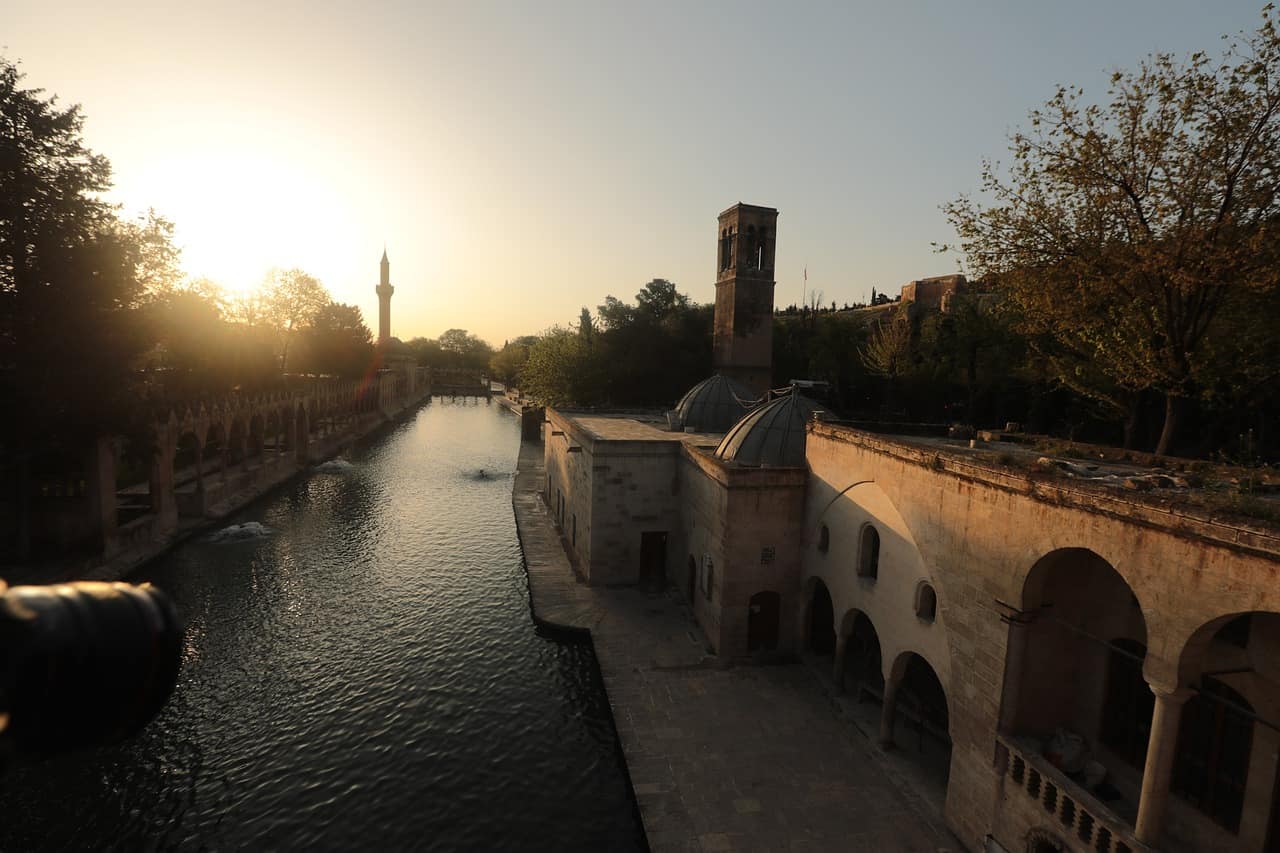In the annals of exploration, few names shine as brightly as that of Abraham Quiros Villalba, a Portuguese explorer who left an indelible mark on the history of Pacific exploration. With unwavering determination and an insatiable curiosity, Quiros embarked on a series of remarkable voyages that would reshape the understanding of the vast ocean and pave the way for European colonization. From his audacious search for the legendary Terra Australis to his pivotal discovery of Australia, Quiros’s contributions to the field of exploration are nothing short of extraordinary. Join us as we delve into the captivating narrative of Abraham Quiros Villalba, a pioneer of the Pacific whose legacy continues to inspire and intrigue to this day.
The early years of exploration
Born in the picturesque town of Evora, Portugal, in 1564, Abraham Quiros Villalba was destined for adventure and exploration. From a young age, his inquisitive nature and insatiable thirst for knowledge drew him towards the world of navigation and cartography. These passions led him to the renowned University of Salamanca, where he diligently pursued his studies, honing his skills and expertise.
It was in 1595 that Quiros took a decisive step towards realizing his dreams of exploration. Joining the Spanish Navy marked the beginning of his illustrious career as an explorer. With unwavering determination and a heart filled with ambition, he embarked on a series of extraordinary voyages that would forever change the course of history.
Quiros’s early naval experiences provided him with invaluable knowledge and practical skills. He eagerly absorbed the wisdom of seasoned sailors, learning the intricacies of navigation, the art of reading the stars, and the techniques of charting unknown waters. This period of apprenticeship was instrumental in shaping him into the accomplished explorer he would become.
The search for Terra Australis
Quiros’s second voyage from Peru in 1605 sought to discover the Terra Australis. He theorized the Terra Australis as a vast continent extending from the South Pole to the Equator and envisioned it as the home of an affluent and advanced society. This expedition led him to the islands of Vanuatu and the New Hebrides, which he erroneously believed to be part of the Terra Australis. Although Quiros’s quest for the Terra Australis proved elusive, his voyage significantly enriched European knowledge of the Pacific Ocean.
The discovery of Australia
In 1606, Abraham Quiros Villalba led an expedition to Australia, the first European voyage to sight the Australian mainland. They made landfall at what is now known as the Cape York Peninsula and named the land “Australia del Espiritu Santo” in honor of the Spanish king. The expedition spent several days exploring the coast of Australia before moving on to New Guinea.
Quiros Villalba’s discovery of Australia opened the continent to further European exploration. However, it was not until the 17th century that European powers began to establish permanent settlements in Australia. The Dutch were the first to establish a settlement in Australia in 1629. The British followed in the 18th century, and Australia became a British colony in 1788.
Quiros Villalba’s voyage was a significant milestone in the history of European exploration. His discovery of Australia paved the way for the European colonization of the continent, and his contributions to the exploration of the Pacific Ocean are still celebrated today.
The later years of exploration
Quiros’s later years of exploration were marked by his unsuccessful attempt to lead another expedition to the Pacific in 1612 and his death in Panama in 1614. One thousand six hundred twelve, he set out from Spain with three ships, but storms and disease plagued the expedition. One of the ships was lost at sea, and the other two were forced to turn back. Quiros himself became ill and died on the return voyage to Panama.
Despite the setbacks of his later years, Quiros’s contributions to the exploration of the Pacific Ocean were significant. He was the first European to sight the Solomon Islands and Vanuatu and explored the Torres Strait. He also led an expedition to Australia in 1606, the first European voyage to sight the Australian mainland. Quiros’s discoveries paved the way for European colonization of the Pacific region, and he is considered one of the greatest explorers of the Pacific Ocean.
Quiros’s legacy is one of courage, determination, and perseverance. He was a pioneer who ventured into uncharted waters and made important discoveries that changed the course of history. His name will forever be remembered as one of the greatest explorers of the Pacific Ocean.
The legacy of Abraham Quiros Villalba
Contributions to the exploration of the vast ocean. His discoveries paved the way for European colonization of the Pacific region, and he is remembered as the first European to sight the Solomon Islands and Vanuatu and explore the Torres Strait. Quiros’s impact on geographical knowledge and European understanding of the Pacific was profound.
Quiros’s voyage in 1606, which led to the sighting of the Australian mainland, was a monumental turning point in the history of exploration. His expedition marked the first European encounter with Australia, opening the continent to further exploration and eventual colonization. Although European settlements in Australia would not materialize until later, Quiros’s voyage laid the groundwork for the region’s future significance in global trade and geopolitical dynamics.
The city of Quirós, located on the Pacific coast of Costa Rica, stands as a testament to the explorer’s lasting legacy. Named in his honor, the city serves as a reminder of Quiros’s contributions to exploring and understanding the Pacific Ocean. His name is forever etched in the annals of history as a pioneer and a visionary who pushed the boundaries of human knowledge and discovery.
Quiros’s legacy is not limited to his geographical discoveries. His unwavering determination and insatiable curiosity continue to inspire explorers and adventurers today. His pioneering spirit and relentless pursuit of knowledge serve as a beacon for those who dream of charting new territories and expanding the frontiers of human understanding. Abraham Quiros Villalba remains a symbol of human exploration and the enduring human quest to unravel the world’s mysteries.










